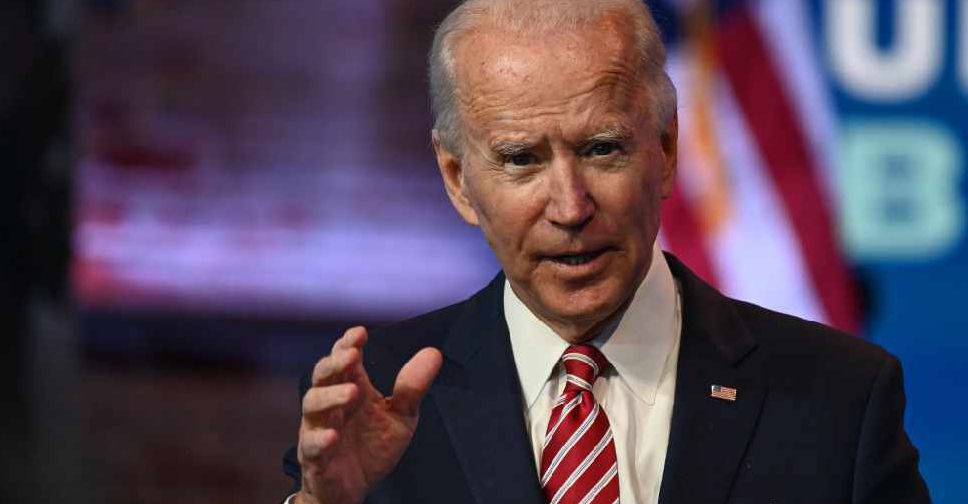
An unfolding crisis over the US debt ceiling prompted President Joe Biden on Tuesday to postpone plans to visit Papua New Guinea and Australia, cutting short an upcoming Asia trip so he can return to Washington.
Biden will still leave on Wednesday en route to Hiroshima, Japan, to attend a three-day G7 summit. Afterward, he was to have been the first sitting US president to visit Papua New Guinea.
In the PNG capital Port Moresby, he was to have witnessed the signing of a new strategic agreement with Micronesia and meet with 18 Pacific island leaders.
In Sydney, Biden had planned to attend a meeting of the four so-called Quad nations - the United States, Japan, Australia and India. The group was formed with a mind toward countering China's rising influence in the Indo-Pacific region.
Biden told reporters he spoke by phone to Australian Prime Minister Anthony Albanese to explain his decision. "Defaulting on the debt is simply not an option," said Biden, who is locked in talks with congressional Republicans.
White House spokesperson John Kirby said Biden would be able to meet Albanese and Indian Prime Minister Narendra Modi while in Hiroshima. He also has meetings planned there with the leaders of Japan and South Korea.
Biden's team also spoke to Papua New Guinea's leaders to inform them of his decision, the White House said. The embassy of Papua New Guinea did not immediately respond to a request for comment on the postponement.
Albanese said in a statement that Biden had apologised for not being able to visit Australia and that they would work to reschedule his visit at the earliest opportunity. He also said he would visit Washington later this year for a state visit to the United States.
The Treasury Department has estimated that the United States will go into a crippling default as early as June 1 if Congress does not lift the debt ceiling.
Gregory Poling, an Asia expert at Washington's Center for Strategic and International Studies think tank, said the curtailment of Biden’s trip would be a blow to Papua New Guinea and Biden’s efforts to woo Pacific island countries in the face of increasing competition from China.
“I'm sure the White House will find ways to make this up to partners in the short term. But it adds to the evidence that US domestic dysfunction weakens us abroad,” he said.

 UK inquiry finds 'chilling' cover-up of infected blood scandal
UK inquiry finds 'chilling' cover-up of infected blood scandal
 Iranian President Raisi killed in helicopter accident, state media says
Iranian President Raisi killed in helicopter accident, state media says
 ICC prosecutor seeks arrest warrants for Israeli, Hamas leaders
ICC prosecutor seeks arrest warrants for Israeli, Hamas leaders
 Assange given permission to appeal against US extradition
Assange given permission to appeal against US extradition
 Israel intends to broaden Rafah sweep, Defence Minister tells US
Israel intends to broaden Rafah sweep, Defence Minister tells US




